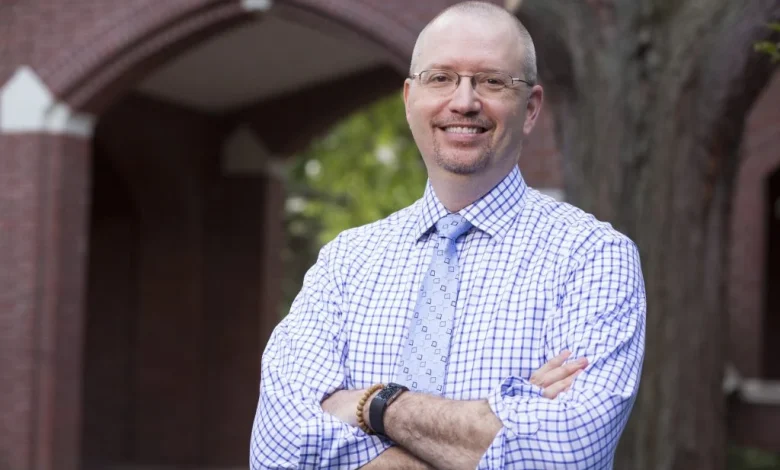ISU study: Be kind to others, it can be good for your own health, mind

If you haven’t made an “Iowa Nice” gesture in a while, today’s the day. This is World Kindness Day, and the action doesn’t have to be anything expensive or dramatic, just kind.
Iowa State University psychology professor Douglas Gentile says even thinking kind thoughts can have a powerful effect. He says a recent ISU study involved sending students onto campus with the instructions they were to wish people well — in their minds.
“As they saw different people, they just think, ‘I wish for that person to be happy. I wish for that person to be happy,’ but not saying it out loud, just thinking it in their head,” Gentile says. “Then they came back into the lab after doing this and they were less anxious, less depressed, had a greater sense of social connection, greater sense of empathy for other people.”
Gentile says the simple act of wishing happiness for others, and really meaning it, makes people feel happier themselves.
“One of my favorite studies about this actually asked people to just come up with their own things for two weeks that they can just, once a day, do something nice for someone else,” Gentile says. “That could be as simple as holding a door for someone, that could be buying them a coffee, that could be giving someone a phone call that you haven’t talked to in a while because you know they’d like to hear from you.”
That study also featured a separate group of people who were told to perform nice gestures for themselves, things like taking a bubble bath or buying themselves a tasty treat.
“But if they were doing something nice for themselves, it actually didn’t help them at all, which is surprising because there’s such a focus on self-care and coping strategies and things like that,” Gentile says, “but in fact, when we do things for others, that’s actually what makes us happier, much more than when we do something nice for ourselves.”
The rationale is, if you continue making a daily effort to do something nice for someone else, it’ll become a trend.
“Well, it’s certainly what brain science would tell us,” Gentile says, “that every time you do something is one more learning trial, and after enough learning trials, yes, things become automatic, they become what we call habits.”
It might be a good habit to spend less time on social media. Gentile says: “It’s almost impossible not to make comparisons on social media, which can lead us to feel envy, jealously, anger and disappointment in response to what we see others post. These emotions disrupt our sense of well-being.”





